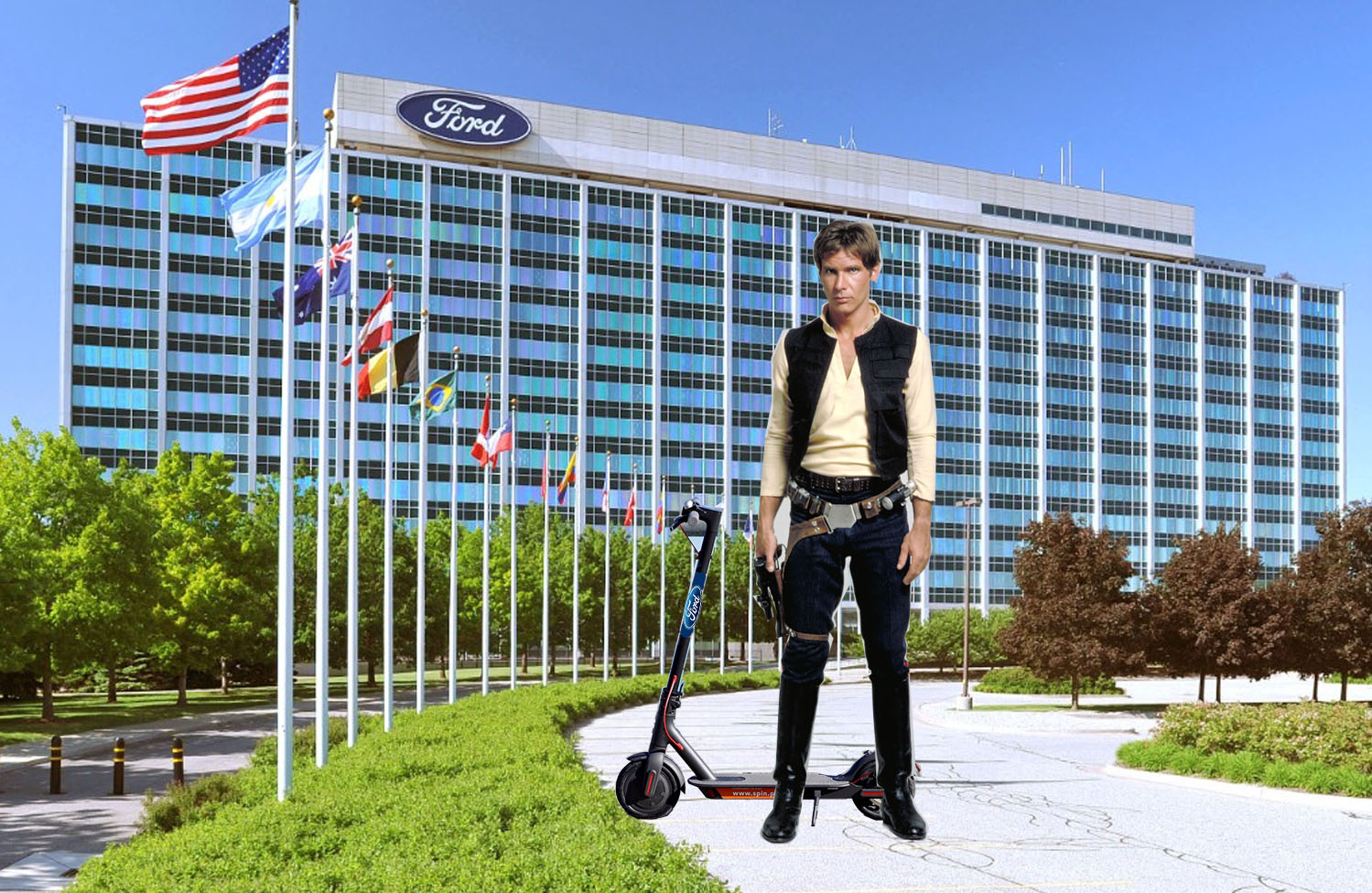After many days of trial-and-error, along with several inspirational Youtube (GOOG) videos from retired Navy Seals, you’ve finally managed to wake up at 4:30 am. Several months ago, you stumbled across an article on the benefits of starting your day earlier in order to take full advantage of waking hours. Starting with a mug of java and the New York Times, you’re on your way to a Monday full of productivity. In fact, you’re going to walk to work just to maximize the potential for feeling great.
On your walk, you notice the flowers smell intoxicatingly beautiful, the sidewalk is especially springy, and everything is…Ow! What was that? Well, I assume you’re talking about the electric scooter carrying a tech exec to work that just ran over your men’s size 7.5 topsiders. It doesn’t matter if you wake up at 3 am, these scooters are everywhere, and industries across a myriad sectors want it.
The electric scooters, capable of reaching speeds up to 18mph, can be found on sidewalks in cities like Los Angeles, Denver, New York, San Francisco, and countless others. Users wishing to ride a scooter need only locate one and, with the help of a smartphone app, scan the scooter’s QR-code to start riding. Typically, rides start at $1 and will charge $0.15 for each minute spent zipping around town.
About two years ago, two scooter-sharing companies, Lime and Bird, started leaving their vehicles on the sidewalks of major cities around the US, and since then, these scooters have attracted significant attention. From public applause to local government bans because of permitting issues, the scooter-sharing industry has continued to ride. Back in July, Uber and Google-parent Alphabet (GOOG) spearheaded investing efforts for Lime, the SF-based scooter-sharing company, resulting in a $335 million round of funding, ultimately valuing the company at $1.1 billion. Within the same time frame, Bird, Lime’s main competitor down in Santa Monica, CA, raised roughly $300 million, for a valuation of $2 billion. In recognition of the potential opportunities presented by this new “micro-mobility” sector, automotive industry leaders are hot to take a ride, themselves.
Ford Motor Company (F) announced its acquisition of scooter-sharing startup Spin, on Thursday, in a deal reportedly worth $100 million, according to Axios. The deal initially has been reported with a $40 million price tag, roughly what Spin was valued at after Series A funding sometimes last year. Spin, headquartered in San Francisco, entered the scooter-sharing game only two years ago and, as of Thursday, will be receiving a total of $200 million in funding from the No. 2 automaker in the country.
Back in January, Ford (F) launched an incubator-esque division of the company known as “Ford X,” with the goal of creating and designing new technologies to upgrade transportation for the world of tomorrow. The auto maker’s acquisition of Spin scooters is the first concrete step to bringing this goal to fruition.
Marcy Klevorn, Ford’s (F) executive vice president and head of the company’s Mobility division, commented on the acquisition:
“Spin shares our values. They only work in cities that they have a partnership, where they have a permit and are licensed to work.”
–Marcy Klevorn, Executive Vice President and Head of Mobility, Ford
Klevorn’s comments on Spin’s adherence to city permitting ordinances is no doubt a nod to the issue the micro-mobility industry faced several months ago. San Francisco’s Department of Public Works impound hundreds of electric scooters, owned by Lime, Bird, and other companies, because the vehicles were either blocking sidewalks or parked inappropriately, according to ABC News.
“We’re all for the spirit of innovation. We want to provide more transportation options for people in San Francisco, but we want to provide these options safely.”
–Paul Rose, Spokesperson, SFMTA
Ford’s (F) bet on Spin and its quick and powerful scooters come after the company’s shocking news to the market that FY 2019 will be the last year in which the automaker will manufacture and distribute sedans to the car-buying public. According to the US government’s National Household Travel Survey, nearly half of all vehicle trips in the US are less than three miles, meaning that these short trips are perfect for micro-mobility vehicles like bikes, skateboard, or electric scooters.
“Our overall strategy is to provide customers with a choice, whether it’s buying or leasing (a vehicle) or paying by use. We’re trying to adapt to where the market is going — and scooters compliment that.”
–Marcy Klevorn, Executive Vice President and Head of Mobility, Ford





